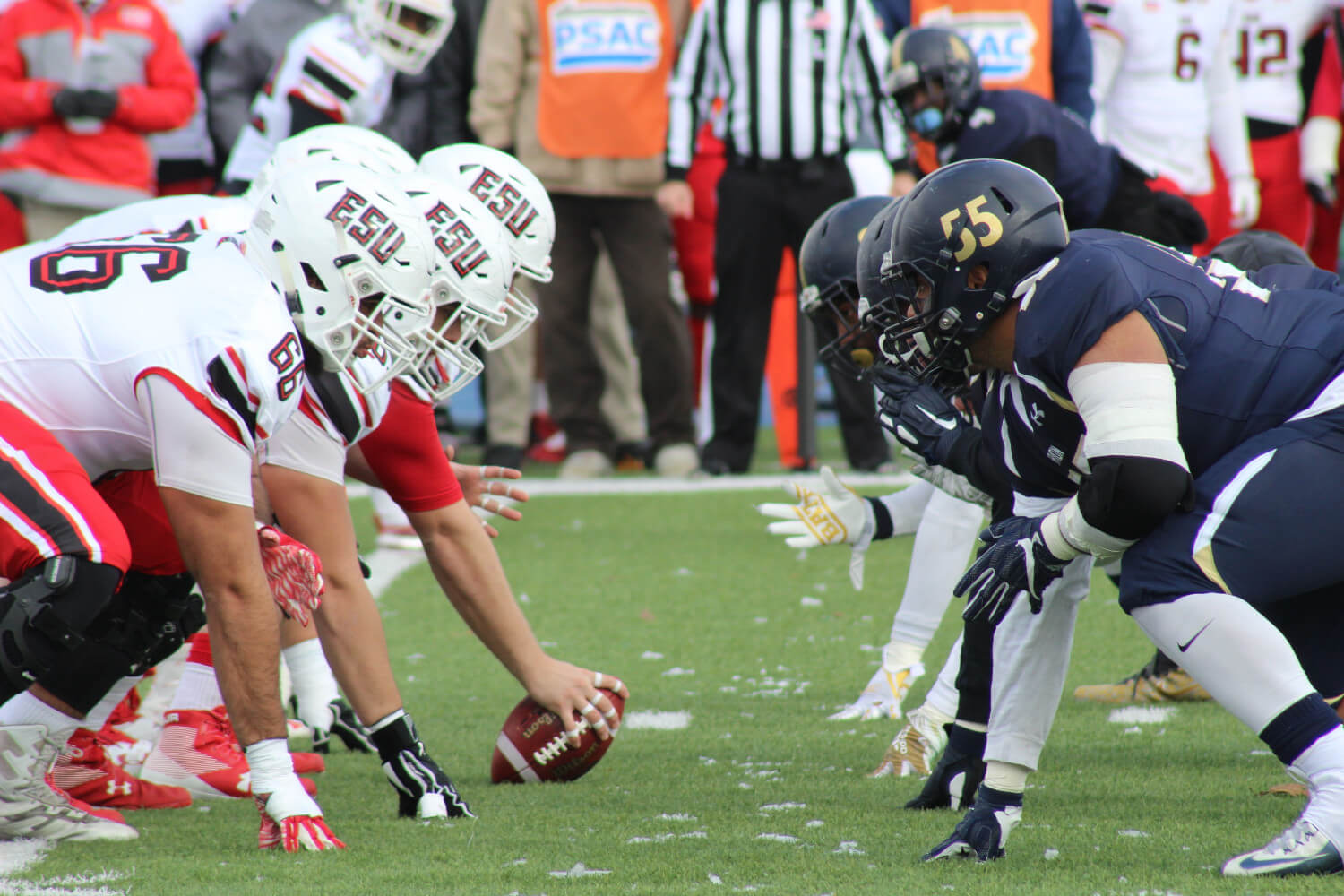Are you looking for the best way to pick the right players for your fantasy football team? If so, a fantasy football scout is a great tool to have at your disposal. A fantasy football scout allows you to analyze and compare players to help you make the best decisions for your team.
With a fantasy football scout, you can quickly evaluate players and identify the ones that offer the best value for your team. In this blog post, we will explore the features of a fantasy football scout and explain how it can help you choose the right players for your team.

Do Your Research
When building a winning fantasy football team, the right fantasy football scout can make all the difference. You need to research and find the players that will give you the best chance at success. With a little effort, you can ensure your team is full of the right players.
The first step in finding the right fantasy football scout is looking at each player’s stats. It’s important to get a good feel for each player’s history so you can make an informed decision about who to draft. Please pay attention to their performance and how they fared in specific games. Check out their injuries and suspensions, if any, so you know what kind of risk you’re taking with a particular player.
It also helps to read up on the latest news and rumours surrounding the player. This can give you an idea of what type of impact they may have on your team. Be sure to take note of any trades or signings that affect their position.
Understand the Scoring System
If you’re new to fantasy football, the scoring system can be confusing and difficult to understand. This is where a fantasy football scout can come in handy. A fantasy football scout will help you understand how each player’s performance is translated into fantasy points. This can be especially helpful if you play in league with unique or complex scoring rules.
Knowing how players are scored is important to determine which players are the best for your team. For example, if you play in league with a point-per-reception scoring system, then wide receivers and tight ends will be more valuable than running backs and quarterbacks. The opposite is true for a standard scoring system, where running backs and quarterbacks produce more points.
Know Your League’s Settings
When using a fantasy football scout to choose the right players for your team, it is important to know your league’s settings. Knowing the scoring system, roster size, and other specific rules can help you make the most informed decisions regarding picking players.
The number of teams in your league will also play a role in which players you should target. If you’re in a 12-team league, you may need to consider targeting players your fantasy football scout does not rate highly to ensure that the other teams do not take the best players before you get a chance to draft them.
Your league’s waiver wire rules should also be considered when using a fantasy football scout.
Make sure you understand how players become available on the waiver wire and whether or not certain players will remain available for pickup throughout the season. Knowing this information can give you a better idea of when to pick up certain players during the season if necessary.
Have a Strategy
Additionally, it’s important to develop a strategy when choosing your players. A fantasy football scout can help you identify trends and players that could lead you towards a winning season. Consider what strategy would work best for you and use your fantasy football scout to identify players that fit into that plan. With the right approach, a fantasy football scout can help you achieve success in your league.
Stay Up-to-Date on Injuries
Choosing the right players for your fantasy football team is an important part of being a successful fantasy football scout. Staying up-to-date on injuries is essential to any fantasy football scout’s strategy. Injuries can often mean the difference between winning and losing, so it’s important to keep an eye on the latest news and updates.
A good fantasy football scout will be proactive in their research, staying on top of injury news and ensuring their team is up to date. Additionally, a fantasy football scout should look for long-term injuries that may affect their players’ performance throughout the season. Doing your homework on player injury statuses can help you make more informed decisions when choosing players for your team.
Conclusion
Now that you understand the importance of a fantasy football scout and how to use them, it’s time to apply this knowledge in your fantasy football league. Choosing the right players for your team is critical to success, and having a fantasy football scout can give you an edge over your competition. Use a fantasy football scout to help you build a championship-calibre team and make the right choices every time. Good luck!



